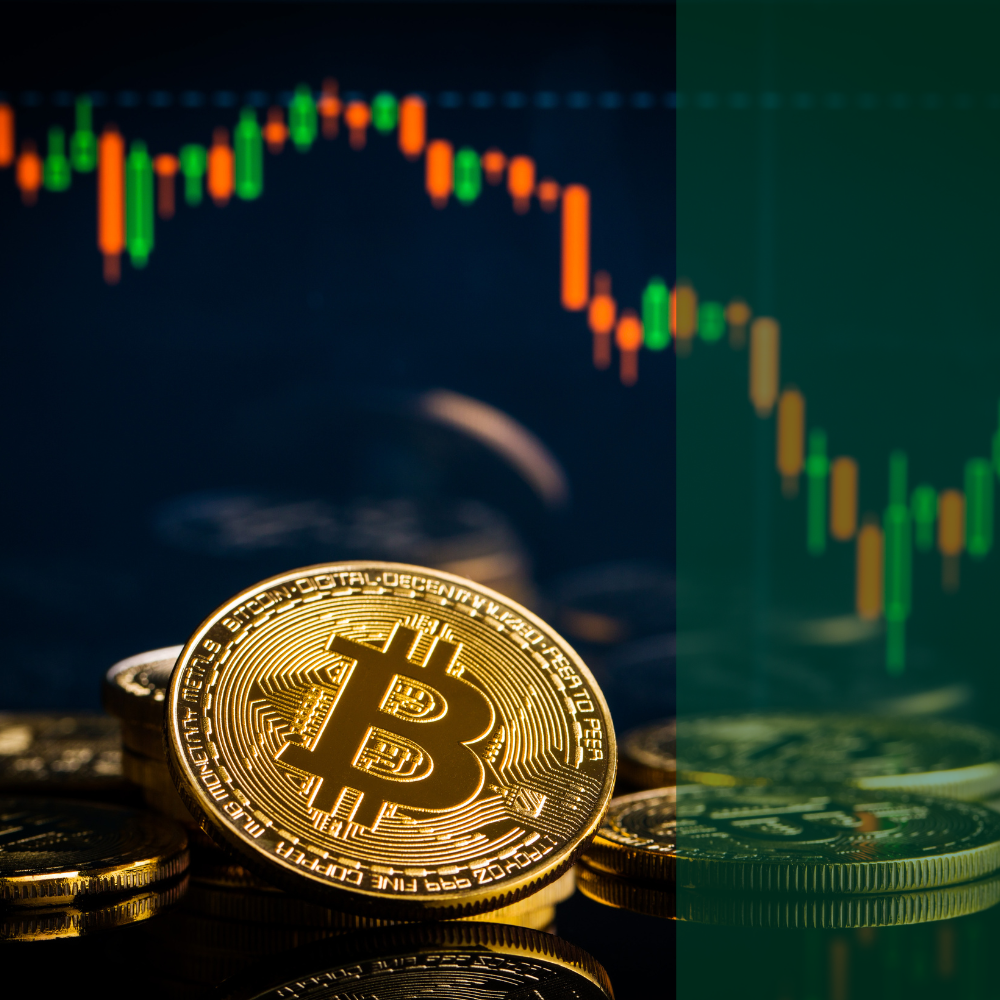NFT tokens are becoming increasingly popular and are of interest to both hobbyists and investors. Trading these can have a number of tax implications, including VAT. The diversity of these tokens, however, makes it difficult to determine the tax implications of their trading. The guidance provided in the Working Paper (Working Paper no. 1060 of the EU Value Added Tax (VAT) Committee regarding an EC question on non-fungible tokens (NFTs)) published by the VAT Committee on 21 March 2008 may be helpful. Poland’s tax authorities seem to accept its conclusions.
In general, non-fungible tokens (NFTs) are cryptographic, non-transferable tokens. They are unique digital assets with a virtual certificate in blockchain technology, where they are a verifiable proof of validity and ownership of the holder and creator. These tokens are unique (not standardised) and rare in the digital world, while having an individual value. They are also non-exchangeable. NFT tokens are used to identify many different types of goods, including real estate, works of art, securities and many others, such as pedigree animals.
How are NFTs taxed for VAT purposes?
NFTs – services for VAT purposes
The above working paper generally classifies NFTs as services (rather than goods), with a possible exception for those NFTs that can be exchanged for specific goods. The working paper focuses on what is the subject of the transaction: the digital token (NFT) or the underlying asset (represented by the NFT). If the NFTs are understood as contracts, for example, the transfer of ownership of a physical good, then the transfer of the NFT should qualify for VAT purposes as a supply of the good in question.
NFTs – potential qualifications
Although NFTs are often treated as digital services, this is not always justified from a VAT perspective. There is even less basis for a uniform approach to all NFTs, but rather a case-by-case analysis.
The working paper may be helpful. It focuses on the metadata (i.e. data that provides basic information about other data) contained in the NFT that constitutes an asset. Metadata can include a number of elements, for example: the name of the NFT, a description of the NFT and a URL (if applicable). The working paper gives the example of a digital portrait NFT, the metadata of which may include the URL of the image and specific characteristics of the image, e.g. identification of the person portrayed, eye colour or type of clothing. The document notes that NFTs are digital representations of the assets to which they are linked by their metadata. The Working Document also provides an overview of NFTs and how they are created and traded.
NFT – categories
In the working paper, NFTs can be compared to several categories:
Ownership: NFTs can be thought of in terms of ownership. It is a digital record of the origin and proof of ownership of the underlying asset. In this case, the transaction involving such an NFT would be subject to VAT under the rules applicable to the underlying asset. This could be a good or a service.
Vouchers: NFTs can be combined with single-purpose vouchers, where the holder of the NFT can exchange it for a specific good or service after purchase and the NFT is destroyed after the service has been provided. An NFT can also be combined with multi-purpose vouchers where the holder can change its metadata (choose between different goods or services). The VAT implications of a transaction involving such an NFT should be determined in the same way as for single purpose or multi-purpose vouchers.
Comprehensive services: NFTs may potentially be treated as a composite service consisting of a digital token and an associated asset with a main and ancillary element or two closely related elements. If the main element of the transaction is the acquisition of the underlying asset, the VAT consequences of the sale of the NFT should be determined as for that underlying asset. On the other hand, if the main element of the transaction is the token itself, the VAT consequences of the sale of the NFT should be determined according to the rules specific to the token. If the sale of the NFT and the asset is indivisible and its division would be artificial, the transaction should be subject to VAT in a manner appropriate to such a specific supply of a comprehensive service.
Digital services: NFTs can be considered digital services because they are a technology related to digital ledgers, can be performed exclusively over the Internet and require minimal human intervention. This qualification seems particularly appropriate in a situation where the NFT assets are digital in nature and their sale gives the recipient access to and a specific right over the digital asset in question.
NFT – transactions
The working paper also discusses the potential VAT implications of key NFT transactions, including minting, trading and free acquisition.
Minting of NFT: In the case of minting paid for by gas fees, there is not necessarily a direct link between the gas fee paid and the publication in the digital ledger. It is thus difficult to establish the existence of a legal relationship between the minting applicant and the network validators involved in the publication in question. This can only be a temporary situation. However, if the aforementioned relationship does not exist, it is likely that there is generally no payment required for VAT purposes.
Trading NFTs: The sale of NFTs is generally subject to VAT (according to the rules specific to each NFT). Where the parties to the transaction are anonymous, it is unclear whether the payments received by the creator for the sale of the NFT should be considered as consideration (in the absence of which there would be no taxable supply for VAT purposes).
Separately, it is not clear whether a natural person who occasionally sells NFTs should be treated as a taxable person for VAT purposes, as only activities carried out by a taxable person acting in such a capacity are subject to this tax. At the same time, the working paper suggests that NFTs where the seller receives remuneration on each resale of the NFTs may mean that the seller is considered to be a VAT payer.
The working paper also identifies situations where the seller of NFTs receives payment in cryptocurrency. In such a case, it may be difficult to determine the value of the payment and the VAT taxable amount.
NFTs as a free benefit: According to the Working Document, in the case of play-to-earn games, where the player receives an NFT as a reward for playing, there is not automatically a direct link between the NFTs earned and the amount paid by the player to enter the game. The risk that there is no link between the value of the NFTs earned and the amount paid to enter the game is highlighted in this document. In this case, there would be no VAT implications.
The tax authorities’ approach
In the first private tax rulings (issued before the publication of the aforementioned VAT Committee Working Papers), the Director of National Revenue Information indicated that NFTs are unique, non-exchangeable code units in blockchain technology, unlike cryptocurrencies, which are exchangeable and have a specific market value. NFT tokens are not considered legal tender, goods, services or property rights, which means that there is no basis for taxing transactions under Article 8(1) of the VAT Act. Such conclusions can be drawn, inter alia, from the individual interpretations of 31 January 2023, ref. no. 0113-KDIPT1-2.4012.751.2022.2.PRP, 31 January 2023, ref. no. 0113-KDIPT1-2.4012.751.2022.2.PRP and 29 August 2022, ref. 0111-KDIB3-1.4012.346.2022.7.ICZ.
On 2 September 2023, the Director of National Revenue Information issued an individual tax ruling (ref. 0111-KDIB3-1.4012.346.2022.7.ICZ) in which he took a different position and recognised that the trading of NFT tokens constitutes a paid service subject to VAT. Similar conclusions can be drawn from private tax rulings of 5 March 2024, ref. no. 0114-KDIP1-3.4012.684.2023.2.RR and 8 January 2024, ref. no. 0111-KDIB3-3.4012.374.2023.2.JSU.
It should be noted that the aforementioned interpretations concerned different NFT tokens and, therefore, the final VAT consequences (in particular, those resulting from the specific classification of the service) were different.
Summary
The assessment of the VAT implications of NFT transactions is not straightforward. There are many possible approaches, depending, in particular, on the characteristics and functions of the NFT in question. As VAT is levied on transactions carried out by a VAT payer acting as such, it is also important to consider who is acting in what capacity in NFT transactions.


